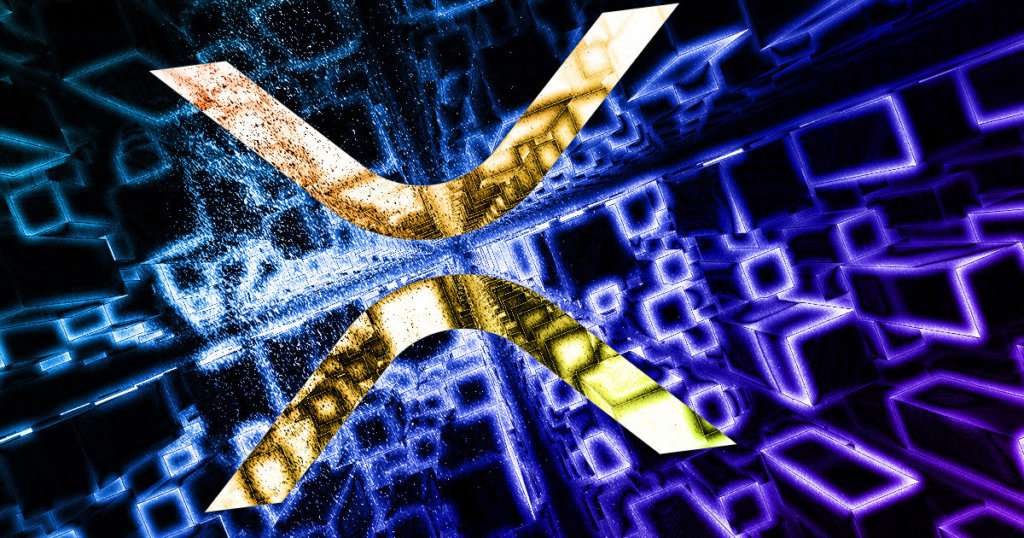- Marcus Infranger of Ripple X has disclosed that XRPL facilitates more transactions a day than Ethereum.
- He also stated that tokenization could be the gateway to Web3 as several top global banks explore its potential use.
In a comprehensive interview with Ripple X’s Marcus Infranger at the just-ended annual APEX Dev Summit in Amsterdam, he disclosed that the XRP Ledger (XRPL) facilitates more than 2.6 billion transactions a day. Comparatively, this is more than that of Ethereum.
According to him, the XRPL is a very efficient and scalable blockchain. For now, the team is working on growth and innovation. Infranger also mentioned that they currently have more developers than last year.
During this Apex Dev Summit, we have hundreds of projects that are starting to build on the XRP Ledger, we have different programs like the grants program and new hackathons. All of this in a period where Web3 mainnets are probably not gaining but losing their hype.
Ripple’s Automated Market Makers (AMM) which is set to provide liquidity in the XRPL’s decentralized exchanges will go live soon. According to Marcus Infranger, the idea of AMM was brought up by engineers at Ripple X. As planned by the team, the project would come along with some basic features.
More on Ripple and XRPL
He further mentioned that the team has other projects in the pipeline that focus on Interoperability.
Also in terms of interoperability, we have a few things in the pipeline as a cross-chain bridge proposal which should be later this year. We have the root network as well, which is basically a separate project building a metaverse-oriented network that integrates with the NFT standard to the XRP Ledger using XRP gas token. So you can see in multiple directors that there are a lot of innovative things happening on the root network but on XRPL as well.
In answering the question of how decisions on tokenization would be in the coming years and its impact on the Web3 world, Infranger stated that it would be massive. According to him, the larger top 20 banks in the world have an active blockchain strategy.
In this case, tokenization exists as one of the main areas they are exploring. He believes that tokenization is the gateway to Web3. Per his research, blockchain has what it takes to eliminate frictions that exist in the traditional financial world. Blockchain reduces cost, eliminates third parties from transactions, and makes them more fast and efficient.
In terms of accelerating the development of the XRP ledger infrastructure, Infranger disclosed that a one billion XRP fund has been made available in support of the grant program and the XRP accelerator program.
According to him, there are more than thousands of projects on the XRPL. He also commented on the Credefi.Finance 2.0 that recently went live.
I would describe this as a Web 2.0 or CeFi solution so what is basically does is that stablecoin holders on the XRPL can lend their stablecoins on a centralized platform, Credefi, which has a rigorous risk management structure and it has zero failure so far and basically it gets fund, so whatever real-world needs to have capital because they are struggling to have capitals by the existing banking system. I think they are mainly focusing on the manufacturing areas.
Recommended for you:
- Buy Ripple (XRP) Guide
- Ripple XRP Wallet Tutorial
- Check 24-hour XRP Price
- More Ripple (XRP) News
- What is Ripple (XRP)?
Subscribe to our daily newsletter!
No spam, no lies, only insights. You can unsubscribe at any time.




